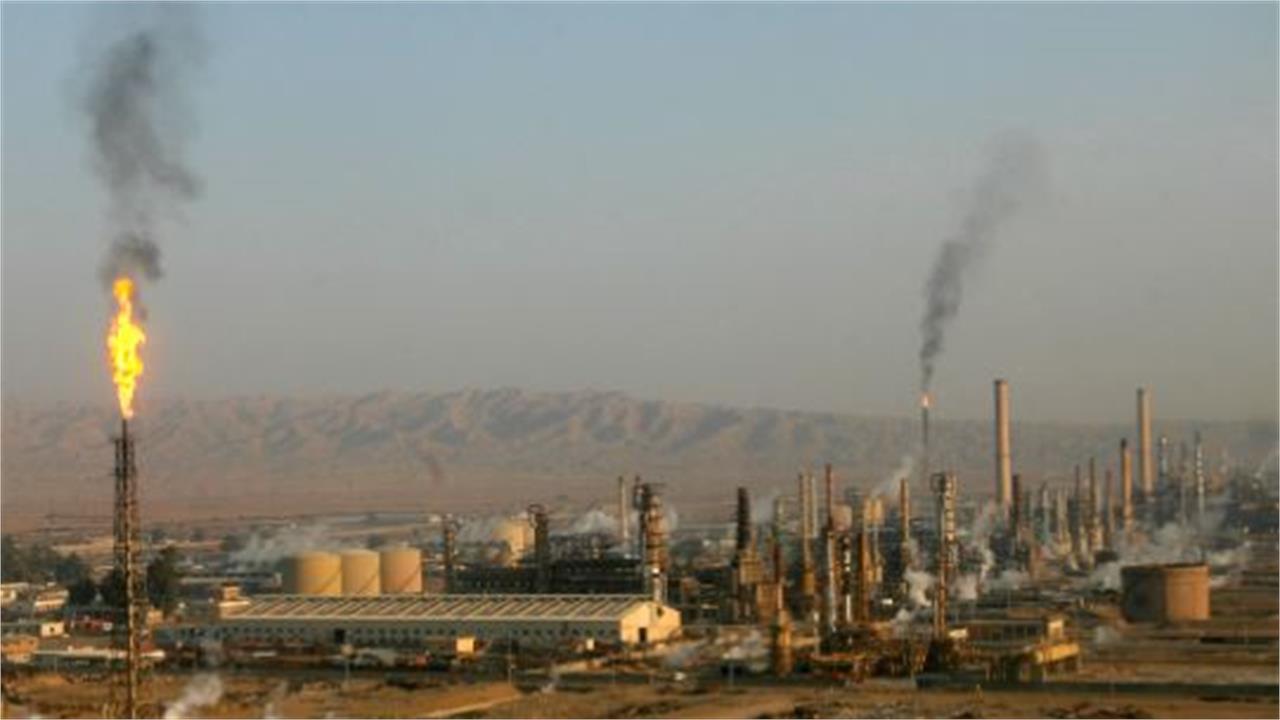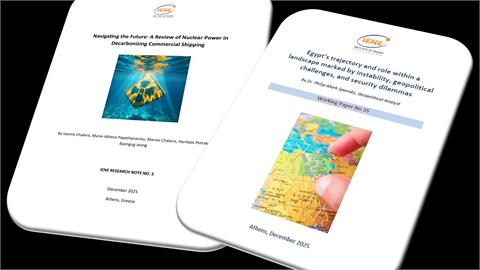The dramatic collapse of the 53-year rule of the Al-Assad regime just before Christmas has left Mideast states scrambling to stabilize the new Syria that emerges. The energy sector will be a critical pillar of any future reconstruction effort aimed at ensuring political cohesion and economic viability. But the global upstream landscape has fundamentally changed over the past decade-plus, making the situation in Syria today much different than it was when, for example, the Iraqi sector opened up after the fall of Saddam Hussein.
The current Analysis, which is available here, examines in detail the current energy situation in Syria, its energy prospects following the collapse of the Al-Assad regime, the emergence of a transitional government and the economic and political issues that need to be taken into consideration in terms of shaping the next day in Syria.
After nearly 14 years of civil war, triggered by now-ousted Syrian president Bashar al-Assad’s brutal crackdown on pro-democracy protests, Syria stands at a pivotal crossroad. The conflict has left the nation deeply fragmented, with numerous questions about its future, including the fate of the country’s oil and gas industry. The collapse of Assad’s regime opened up new possibilities and challenges, as the war had devastated Syria’s energy sector with oil and natural gas production declining significantly since 2011, and resources and facilities in the hands of different actors. While Syrians prepare to rebuild their country, its oil and gas industry - once a critical pillar of its economy - faces an uncertain future.
Following the fall of the Assad regime and the temporary appointment of Mohammed al-Bashir to lead a transitional government until 1 March, experts are awaiting clarity from Syria’s incoming administration about the future of oil and gas supplies until the monumental task of rebuilding damaged cities and critical infrastructure, including electricity transmission and distribution, can begin.
However, with strict international sanctions still in place, there have been immediate calls for them to be lifted or eased, though this process could take several weeks or even months. Delaney Simon, a senior analyst at the International Crisis Group, recently stated that Syria is “one of the most heavily sanctioned countries in the world”, emphasising that maintaining these sanctions would be akin to “pulling the rug out from Syria just as it tries to stand”. While Syrians appear optimistic about the future of their country following the fall of the Assad regime, the country faces great uncertainty, as the government still controls every aspect of daily life. Consequently, there is ripe speculation among Syria’s stakeholders and by the international community if the present transitional Syrian Salvation Government will manage to maintain law and order, prevent sectarian conflict and prepare the country for a smooth democratic transition.




